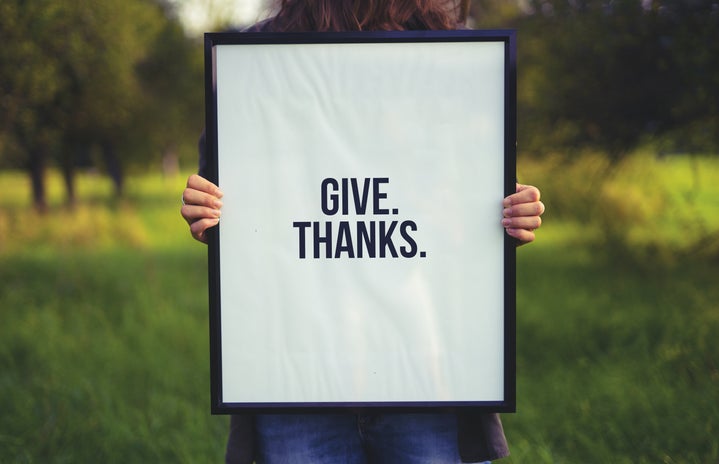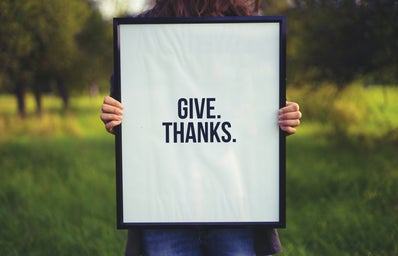With Thanksgiving just around the corner, it’s helpful to know the true history of this holiday. When most people think of Thanksgiving they think of their loved ones gathered around the dining table surrounded by delicious foods and trying to avoid anything even slightly controversial. Most children learn in school that the Native Americans and English pilgrims joined together happily and peacefully for a feast in Plymouth that became known as the first Thanksgiving. In reality, Thanksgiving has a brutal history that is now celebrated by millions of Americans with arts and crafts like hand turkeys, greasy comfort food and ignoring the truth behind this holiday. This is because the history of Thanksgiving is not worth celebrating.
Throughout the 17th century, thousands of English colonists entered the region and began to assert control over most of the Wampanoag life. The introduction of settlers in a new land caused diseases to spread and lowered the Native American greatly. After the English colonists disrupted the way of life for the Wampanoag people by conversion and murder, the tribe warriors responded with a series of raids causing the New England Confederation of Colonies to declare war in 1675. The war resulted in colonial soldiers slaughtering 700 men, women, and children.
The results of this historical event are still seen to this day. Author Roxanne Dunbar-Ortiz estimated that upon colonization the population of indigenous people decreased from 100 million to only 10 million.
As of 2011, about 5.1 million Native Americans live in the United States. Native Americans experience many socio-economic disparities as a result of this early historical atrocity including poor education, poverty and racial discrimination.
Today, many Native Americans choose not to celebrate Thanksgiving but rather participate in the Day of Mourning or Unthanksgiving Day. If you don’t want to celebrate Thanksgiving after learning about the horrific deaths of innocent people, you don’t have to. Many people describe Thanksgiving as a time to get together with friends and family but claim not to participate in the holiday.
Obviously, simply not celebrating the holiday does not make up for years of discrimination, but it is a step in the right direction. Listening to people from different backgrounds and acknowledging history rather than ignoring it is much more beneficial to many different communities across the nation whose voices have not been heard.
Thanksgiving is a time to get together with friends and family, but we should not forget the brutal history behind this holiday and we should never stop talking about it.



